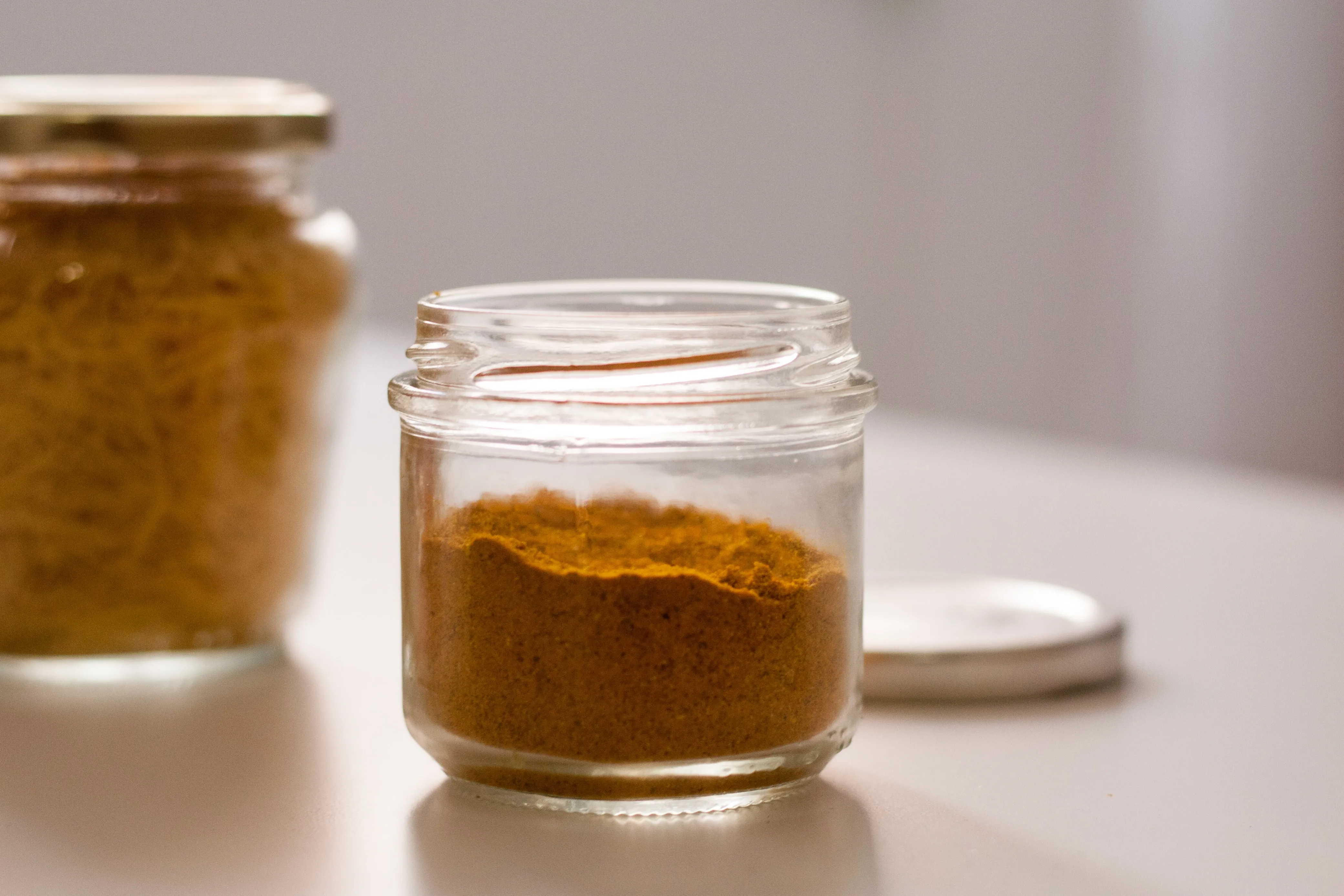SANA BIOTECHNOLOGY has announced positive clinical results in a pioneer study in humans on the transplantation of pancreatic islet cells in patients with type 1 diabetes, without the need for immunosuppression.The study, conducted in collaboration with the Uppsala University Hospital, showed that beta transplant cells survived and worked properly, evidenced by detectable levels of peptide C, a marker of insulin production.In addition, no security problems were reported, and magnetic resonances confirmed the continuous presence of transplanted cells, suggesting that they managed to evade the body's immune response.
This advance could transform the treatment of type 1 diabetes, allowing normal blood glucose control without insulin injections or immunosuppressive medications.After the announcement, the actions of healthy Biotechnology experienced a significant increase in the market.
Fountain: Link
Video: Link
The advance presented by healthy biotechnology ishighly promising para la curación de la diabetes tipo 1 (DT1), aunque aún está en etapas iniciales. Aquí algunos puntos clave que destacan su potencial:
Reasons for optimism
Avoid immunosuppression:
- The innovation of using genetically modified cells that do not trigger the immune response eliminates the need for immunosuppressive medications, which usually have serious side effects.
- This makes the therapy safer and applicable to a broader population.
Natural insulin production:
- Beta transplanted cells produce insulin in a physiological way in response to glucose levels, which could restore more stable and natural blood sugar control.
Potential longevity:
- The cells demonstrated persisting in the patient's body, which suggests that they could offer a long -term solution, replacing the daily dependence on insulin injections.
Aspects to evaluate before calling it a cure
Long -term efficacy:
- It is not yet known if transplanted cells may maintain their insulin producing function indefinitely or if patients will experience relapses.
Scalability and accessibility:
- Producing these large -scale modified cells and guaranteeing that the treatment is accessible and deposited will be a challenge.
Impact on the quality of life:
- Although insulin production (peptide C) was detected, it is not yet reported how much this reduces the need for external insulin or prevent complications related to DT1.
Broader tests:
- It is necessary to prove therapy in more patients to confirm its effectiveness, safety and consistency.
Conclusion
If this technology meets its promise in future studies, it could be a revolutionary step towards theFunctional healing of type 1 diabetes.This would mean that patients could live without insulin injections and without risks associated with bad glycemic control, marking a paradigm shift in the treatment of this chronic disease.
En 1922 descubrieron la insulina, en 1930 la insulina lenta. ¿Que c*** han hecho desde entonces?
I hope I did not buy another company and the research is loaded.
No signature configured, add it on your user's profile.
Well, let's trust.The road is open.
Hija de 35 años , diabética desde los 5. Glico: normalmente de 6 , pero 6,7 la última ( 6,2 marcaba el Free)
Fiasp: 4- 4- 3 Toujeo: 20



